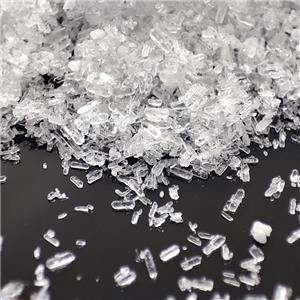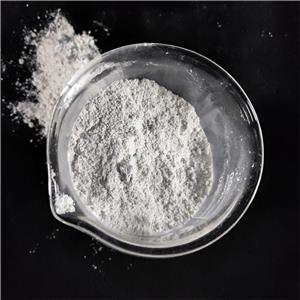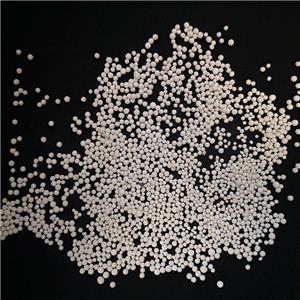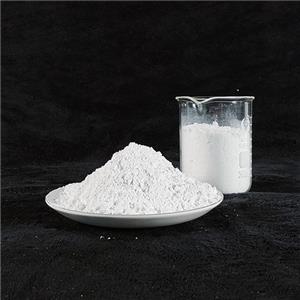What Is Magnesium Hydroxide Used for in Agriculture?-2
Benefits of Magnesium Hydroxide in Agriculture
The use of magnesium hydroxide in agriculture offers numerous benefits, including:
1. Improved Soil Health
Magnesium hydrate enhances soil fertility and structure, creating a better environment for plant growth. It supplies essential magnesium, neutralizes soil acidity, and promotes microbial activity.
2. Increased Crop Yields
By addressing magnesium deficiency and improving nutrient availability, magnesium hydroxide boosts crop yields and quality. It supports photosynthesis, nutrient uptake, and stress tolerance in plants.
3. Environmental Safety
Magnesium hydrate is non-toxic and environmentally friendly. It does not contribute to soil or water pollution and is safe for use in organic farming systems.
4. Cost-Effectiveness
Magnesium hydrate is a cost-effective solution for soil amendment and pH regulation. Its slow-release properties reduce the need for frequent applications, saving time and labor.
5. Versatility
Magnesium hydroxide can be used in various agricultural applications, including soil amendment, fertilization, pH regulation, and wastewater treatment. Its versatility makes it a valuable tool for farmers.
Application Methods for Magnesium hydrate
To maximize the benefits of magnesium hydroxide, it is important to apply it correctly. Common application methods include:
1. Soil Application
Broadcasting: Magnesium hydrate can be spread evenly over the soil surface and incorporated into the topsoil using tillage equipment.
Banding: For row crops, magnesium hydroxide can be applied in bands near the plant roots to ensure targeted delivery.
2. Foliar Spray
Magnesium hydrate can be dissolved in water and applied as a foliar spray to correct magnesium deficiency quickly. This method is particularly useful for high-value crops.
3. Hydroponics
In hydroponic systems, magnesium hydroxide can be added to the nutrient solution to supply magnesium and maintain optimal pH levels.
4. Livestock Feed
Magnesium hydrate is mixed into animal feed or provided as a free-choice supplement to prevent magnesium deficiency in livestock.
5. Wastewater Treatment
Magnesium hydroxide is added to wastewater or runoff to neutralize acidity, remove heavy metals, and control odors.
While magnesium hydroxide is beneficial for agriculture, its use should be managed responsibly to avoid over-application and potential environmental impacts. Excessive use can lead to nutrient imbalances and soil alkalinity, which may harm plant growth. Additionally, the cost of magnesium hydroxideshould be weighed against its benefits to ensure economic feasibility for farmers.




